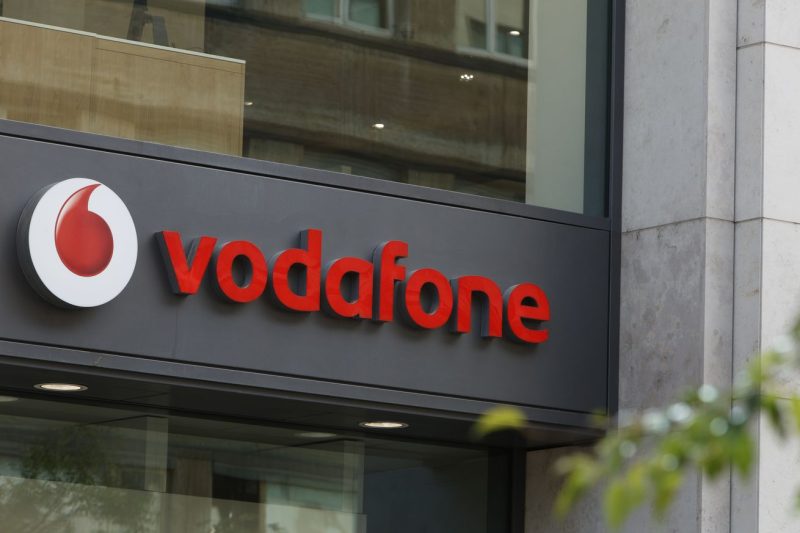In a bold and strategic move, Vodafone and Three, two of the UK’s major mobile network operators, have been given the green light to merge. This decision, which will bring about the formation of the UK’s largest mobile operator, is set to reshape the telecommunications landscape in the country.
The merger between Vodafone and Three was a long-anticipated development, with industry experts and analysts closely monitoring the progress of negotiations between the two companies. The UK’s telecommunications market has been highly competitive, with multiple players vying for market share and consumer loyalty. By joining forces, Vodafone and Three aim to strengthen their position in the market and enhance their ability to compete with other major players such as O2 and EE.
One of the key motivations behind the merger is the desire to leverage the strengths and resources of both companies to create a more robust and comprehensive network infrastructure. This move is expected to result in improved network coverage and capacity, as well as enhanced service quality for customers across the UK. By pooling their resources and expertise, Vodafone and Three aim to deliver a superior mobile experience to their customers and cement their position as leaders in the industry.
The merger is also expected to bring about cost savings and operational efficiencies for both companies. By consolidating their operations and streamlining their processes, Vodafone and Three can reduce duplication of resources and optimize their investments in technology and infrastructure. This, in turn, will enable them to offer competitive pricing and value-added services to customers, further solidifying their position in the market.
However, the merger between Vodafone and Three is not without its challenges and potential implications. Consolidation in the telecommunications industry could lead to reduced competition, which may raise concerns among regulators and consumer advocacy groups. It will be crucial for the newly formed entity to adhere to regulatory requirements and ensure that competition in the market remains healthy and vibrant.
Additionally, the merger between Vodafone and Three will have a significant impact on employees, as redundancies and restructuring may be inevitable as the companies integrate their operations. It will be important for both companies to navigate this process with transparency and sensitivity, ensuring that employees are supported through the transition and provided with opportunities for growth and development.
Overall, the merger between Vodafone and Three marks a significant milestone in the UK’s telecommunications industry. By combining their strengths and resources, the two companies are poised to create a powerhouse in the mobile market, offering enhanced services and experiences to customers. As the merger progresses, all eyes will be on Vodafone and Three as they work towards realizing their vision of becoming the UK’s biggest mobile operator.

